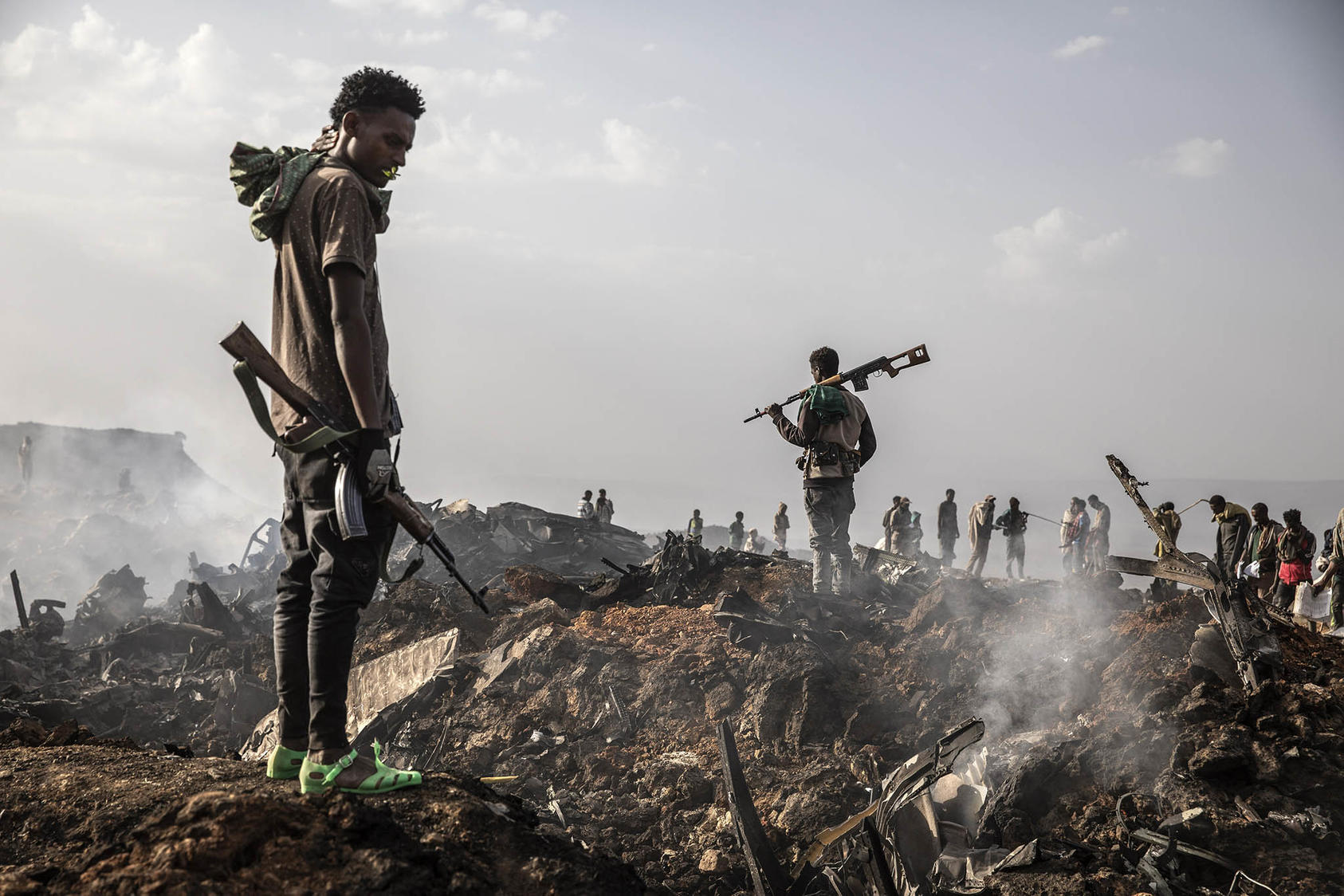Far away from the battlefields, a different drama unfolds on the staid King George IV St. The recent World Bank visit wasn’t just a courtesy call, it was an intervention.
Led by the formidable Victoria Kwakwa, the message was blunt: economic reform or bust! Think of it as a dire financial warning from your favourite neighbourhood lender.
Spendthrift Nation, Dire Consequences
Ethiopia, it seems, is addicted to spending, and the consequences are dire. They need to clean up their act: more taxes, fewer state-owned spending sprees, and, for heaven’s sake, do something about that unruly exchange rate! With so much debt owed to the World Bank, it’s less of a request and more of an ultimatum.
Let’s be honest, the golden days of double-digit growth are a distant memory. The party’s over, folks and the hangover is brutal. The real problem? Ethiopia’s economy is as exciting as a week-old potato. It’s heavily reliant on state spending and vulnerable to things they can’t control (coffee prices, fuel costs).

The agriculture did alright last year? The weather deserves more credit than the policymakers. Meanwhile, investment is tanking faster than a badly built tank in Ukraine. This spending spree isn’t fueling growth, it’s mortgaging the future.
Inflation: The Silent Thief & The Hidden Cost of Conflict
The fallout’s everywhere – deficits, inflation, dwindling reserves… oh, and let’s not forget that pitiful tax collection. The central bank governor is practically running a money-printing press to keep up!
Those insistent IMF and World Bank folks aren’t wrong to worry. Inflation is the real villain, eating away at the average Ethiopian’s wallet. But this mess won’t be fixed with spreadsheets alone. It’s about wars, repression, and a disregard for basic rights.

As it turns out, bombs and instability are terrible for business. Who knew?
Healing Takes More Than Money (Not only in relationships, Apparently)
The prescription from our well-meaning Bretton Woods physicians is familiar: freer markets, wiser spending that kind of thing. But true healing won’t happen on a balance sheet.
Ethiopia needs peace, democracy, and the rule of law; then, perhaps, lasting and equitable prosperity could bloom.
Let’s hope the World Bank delegation is ready to write a prescription that goes beyond the numbers and addresses the true roots of a nation on the brink.

